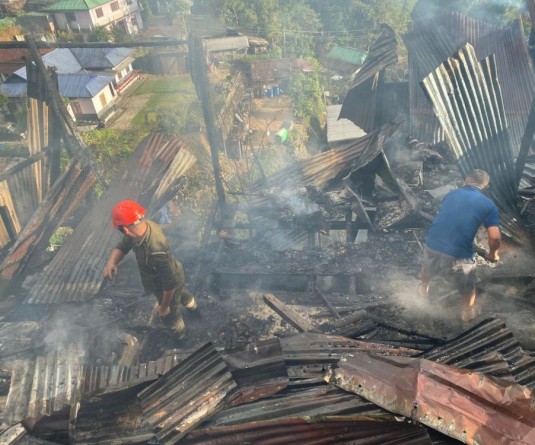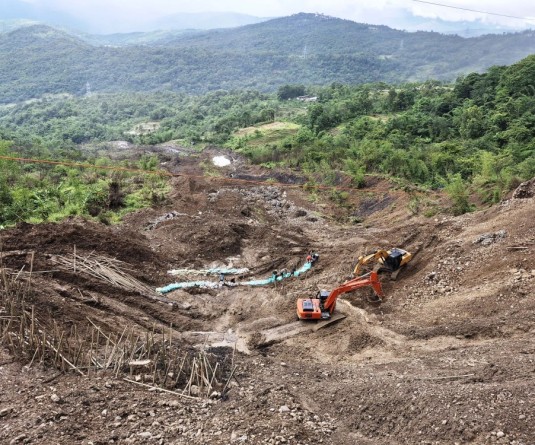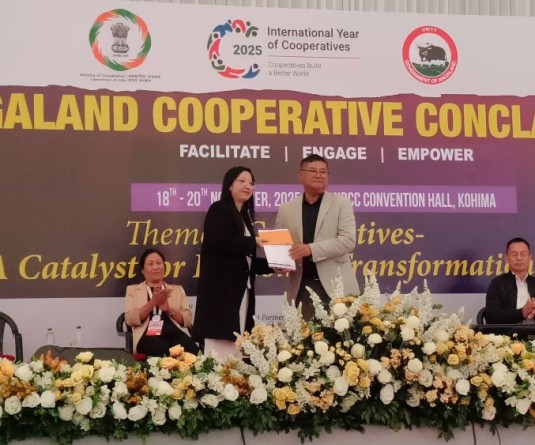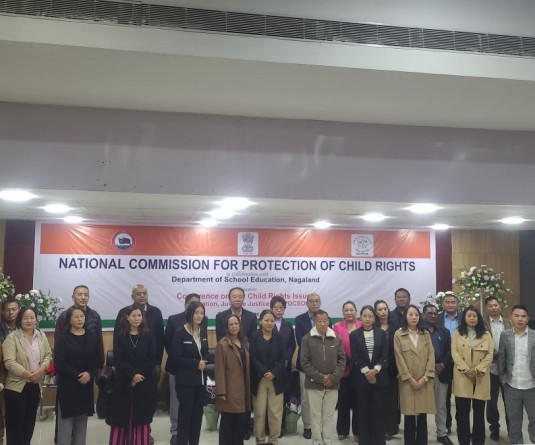
Dimapur, July 4 (MExN): To observe the International Day against Drug Abuse and Illicit Trafficking on June 26, the Department of Sociology, Pranabananda Women’s College, Dimapur, organized a seminar on ‘Social Impact of Drug Addiction’.
The resource person K. Ela, Director, Prodigals’ Home, Dimapur, sensitized the students regarding the socio economic and health impact of drug abuse, according to a press release. She asked the girls not to become a ‘yes’ person and strongly advised that if their boyfriends forced them to have drugs, they must leave them. She held that social stigma attached with drug addiction is more severe for girls. Ela further narrated that the stress suffered by innocent children and wives of drug addicts were tremendous, intensified by social stigmas. “When there is a drug addict in a family, the entire family gets affected severely in every aspects including social life,” she maintained.
Assistant Professor, Majakhon Kamei, Head of Department of Sociology, PWC, presented a paper on Drug Policies at the National and International Level since the 1946 Protocol of UNO to curb the drug menace. She presented in detail the Narcotics and Psychotropic Substances Acts, 1985 (NDPS) and the penalties related with drug abuse and trafficking.
According to World Drug Report 2017 released by United Nations office on Drugs and Crime (UNODC), 29.9 million people globally suffer from drug use disorder including dependence, the release issued by the Department of Sociology of the college stated. Among the drugs, opium was the most harmful and accounted for 70 per cent of the negative health impact related with drug abuse disorder worldwide, it added.
Assistant Professor, Khubu Tsolo, Department of Sociology, PWC presented a paper on Drugs scenario among the youths in Nagaland. The paper highlighted the drug statistics of Nagaland. He mentioned that the drug abuse scenario has thwarted a lot of youths from achieving their career goals and made them social dropouts and drew them towards anti- social activities.
Earlier, welcome speech was given by Uma Bhowmick, Principal, PWC and the programme was moderated by Assistant Professor K. Mero, Department of Sociology, PWC.






